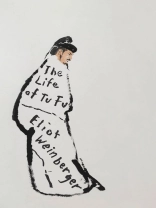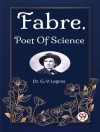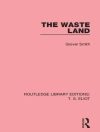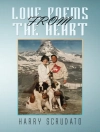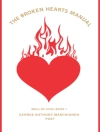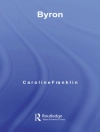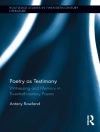A book-length poem by “our best living literary essayist” (Forrest Gander).
For over fifty years Eliot Weinberger has been celebrated for his innovative literary and political essays—translated into over thirty languages—as well as his trailblazing translations from the Spanish. In his exquisite new bookThe Life of Tu Fu, Weinberger has composed a montage of fifty-eight poems that capture the life and times of the great Tang Dynasty poet Tu Fu (712–770 AD). As he writes in a note to the edition, “This is not a translation of individual poems, but a fictional autobiography of Tu Fu derived and adapted from the thoughts, images, and allusions in the poetry.” Through lines as penetrating as a classical tanka and as fluid as a mountain stream, themes of endless war and ongoing pandemic surround the wandering life of the ancient Chinese master.
लेखक के बारे में
Eliot Weinberger’s books of literary essays include Karmic Traces, An Elemental Thing, The Ghosts of Birds, and Angels & Saints. His political writings are collected in What I Heard About Iraq and What Happened Here: Bush Chronicles. The author of a study of Chinese poetry translation, 19 Ways of Looking at Wang Wei, he is a translator of the poetry of Bei Dao and the editor of The New Directions Anthology of Classical Chinese Poetry. He was formerly the general editor of the series Calligrams: Writings from and on China and the literary editor of the Murty Classical Library of India. Among his many translations of Latin American poetry and prose are The Poems of Octavio Paz, Paz’s In Light of India, Vicente Huidobro’s Altazor, Xavier Villaurrutia’s Nostalgia for Death, and Jorge Luis Borges’ Seven Nights and Selected Non-Fictions. He has been publishing with New Directions since 1975.
